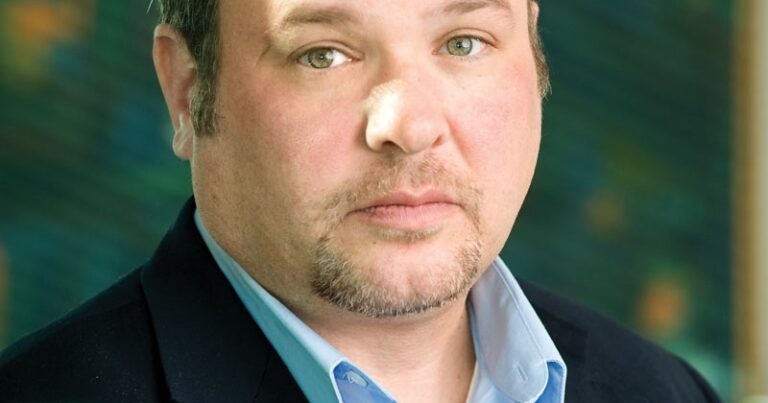Fiat Chrysler Automobiles released a five-year business plan last week that was certainly ambitious, if not a little over the top.
The strategy calls for increasing sales across all brands from 4.4 million units in 2013 to 6.3 million units by 2018. Key to this growth will be the Jeep brand, with plans calling for sales to increase from 700,000 units last year to 1.9 million units worldwide in 2018.
Jeep's goal may be achievable given its fairly limited exposure in today's global market and the growing demand for rugged SUVs and CUVs in developing countries, but other aspects of the strategy seem over the top, particularly niche brand Alfa Romeo's goal of increasing sales to nearly 400,000 vehicles in 2018, four times its 2013 sales.
One of the biggest questions is how FCA will fund its growth plans, which include launching a slew of new models in just five years, a strategy that some analysts estimate could cost a staggering $66 billion.
And it's entirely possible that the launch won't go smoothly, creating ripple effects that could derail future plans — a likely outcome given past failed major model launches, such as the Jeep Cherokee, which was delayed by transmission problems.
FCA CEO Sergio Marchionne even acknowledged that the plan requires “near-flawless execution” — but that's not necessarily comforting in an industry where even the most carefully laid plans can go awry.
Another uncertainty is how Fiat will fare in a struggling European market that is finally showing signs of recovery. The Italian brand's strategy is to adopt a two-pronged approach, with some models catering to lower prices and others, including the 500 series, aimed at higher prices.
Fiat sold 1.5 million cars last year, and FCA says it aims to reach 1.9 million by 2018. That's not too ambitious, but it's a stretch in a competitive global market.
Before FCA's plans were announced, some industry experts had said the five-year strategy could be partly funded by selling the Ferrari brand, but Marchionne was quick to deny that speculation, making it clear that Ferrari was not for sale.
There's no doubt about Marchionne's abilities as CEO, and while he exudes confidence that his plan will succeed, he likely has doubts about whether it can actually be carried out.
But Marchionne may believe FCA has no choice but to meet the aggressive target. During the presentation, the executive said he has said several times before that the automaker needs to hit at least 6 million vehicles per year to be a credible global competitor in the long term.
As with any plan, the only way to know if it works is to wait and see how it unfolds. That said, the FCA's strategy seems like a classic example of taking on more than it can handle.
[email protected]

